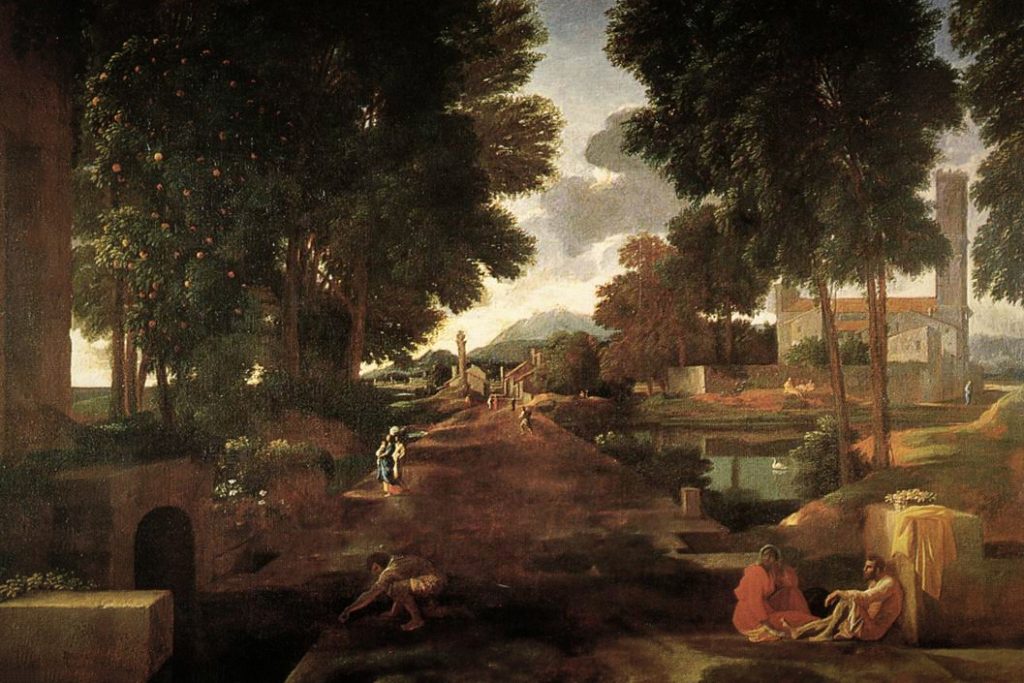Jeremiah was both a priest and a prophet who lived during the final decades of Judah’s Southern kingdom. He is more clearly know in Scripture as a prophet who warned Jerusalem of judgment due to their rebellion, corruption, and the rejection of their covenant with God. As a matter of certainty, Jerusalem will be given over to Babylon and remain there in captivity for 70-years. As the reader of Jeremiah’s book will find stories, sermons, poems, and essays of Jeremiah’s life work, a full corpus of role and meaning becomes clear. The total of his work is assembled as an anthology and not a sequential narrative to tell a linear story concerning the prophetic warnings and events that would occur in Jerusalem. Jeremiah was a messenger of God’s justice and grace.
Throughout Jeremiah’s book, the prophet is called to pronounce judgment upon Jerusalem and even the surrounding nations. He was God’s appointed prophet to Israel and the nations to pluck up and break down and plant and build up (1:10). Israel’s indictment rests within three offenses. First, they have broken their covenant with God. Second, they were worshipping false gods. A problem that was written about as idolatry, which is spiritual adultery. Third, their leaders were guilty of widespread social injustice stemming from their abandonment of the covenant, or God’s Word. With God’s condemnation through Jeremiah, Israel was subject to judgment from Babylon. While on the one hand, Israel was offering sacrifices according to Jewish ceremonies and religious traditions inside Jerusalem. They were also making child sacrifices to Moloch just outside Jerusalem in the valley of Hinnom (valley of slaughter).
The remainder of the book of Jeremiah concerns the wrath of God upon Israel. They were to drink the cup of His anger by becoming enslaved or put to violence while subjected to famine, disease, and disaster. The anthology of Jeremiah then proceeds to describe how Jerusalem is led off to Babylon. Amid Jerusalem’s destruction and while Yahweh’s people were placed in Babylon, hope was pronounced where He referred to a new covenant that would become healed through a messiah. The remainder of Jeremiah’s book concerns the judgment and destruction of surrounding nations to include Babylon itself eventually. The book ends with a glimmer of hope for Israel to indicate God’s everlasting faithfulness.















